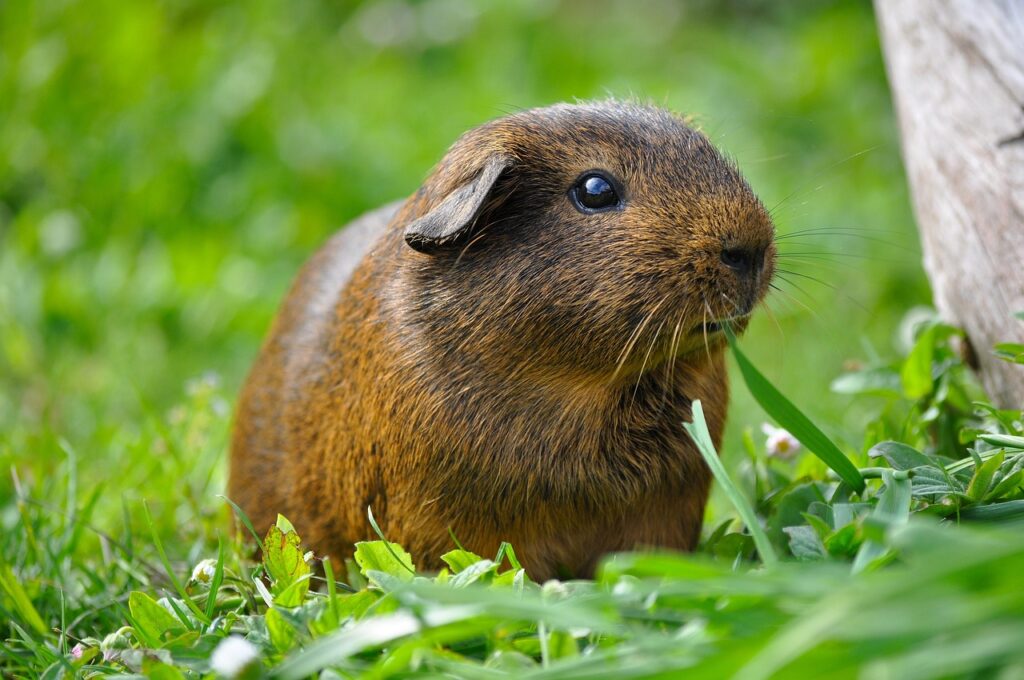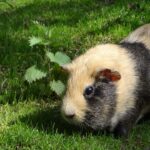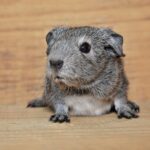Can Guinea Pigs Eat Leeks? The Hidden Dangers of Adding Leeks to Your Pet’s Diet
Have you ever wondered if guinea pigs can eat leeks? While leeks may be a popular vegetable for humans, they can actually pose serious health risks for our furry friends. In this article, we will explore why leeks should not be included in a guinea pig’s diet and the potential dangers associated with feeding them this particular food item.
The Potential Health Concerns of Feeding Leeks to Guinea Pigs
Although leeks belong to the allium family, along with onions and garlic, the concentration of certain compounds in leeks can be harmful to guinea pigs. One such compound is thiosulfate, which can lead to a condition called hemolytic anemia in our small pet companions. Hemolytic anemia occurs when the red blood cells break down at an accelerated rate.
In addition to thiosulfate, leeks contain an abundance of other compounds, including organosulfur compounds, that can cause digestive issues and even be toxic to guinea pigs. These compounds can disrupt the delicate balance of gut flora, leading to bloating, gas, and potential gastrointestinal distress.
Potential Symptoms or Reactions After Consuming Leeks
If a guinea pig consumes leeks, they may exhibit various symptoms or reactions as a result. These can include lethargy, decreased appetite, weight loss, diarrhea, abdominal pain, or even vomiting. It is crucial to observe any changes in your pet’s behavior after they have ingested leeks and seek immediate veterinary attention if necessary.
Safe Alternatives to Leeks for Guinea Pigs
While it’s important to avoid feeding leeks to guinea pigs, there are plenty of other fruits and vegetables that can provide them with essential nutrients. Consider offering your furry friend a variety of fresh foods such as bell peppers, cucumbers, carrots, or leafy greens like romaine lettuce and cilantro. These options are not only safe but also provide a balanced diet for your guinea pig.
Tips for Preventing Accidental Access to Leeks
Prevention is key when it comes to keeping leeks out of your guinea pig’s reach. Here are a few simple yet effective measures to ensure your pet’s safety:
- Store leeks securely in a closed container or refrigerator to prevent accidental access.
- Keep your guinea pig’s habitat away from the kitchen or any area where leeks and other potentially harmful foods are prepared.
- Educate family members and friends about the importance of not sharing leeks or similar foods with your guinea pig.
- Regularly inspect the areas where your guinea pig roams for any stray leeks or potential hazards.
Conclusion
In conclusion, guinea pigs should not eat leeks due to the potential health risks associated with this vegetable. The compounds found in leeks can lead to serious conditions, such as hemolytic anemia, and cause digestive issues for our small furry companions. It’s always crucial to provide a safe and balanced diet for your guinea pig, offering them alternative fruits and vegetables that are suitable for their consumption. By being vigilant and taking preventive measures, you can ensure your guinea pig’s health and well-being, promoting responsible pet care.






